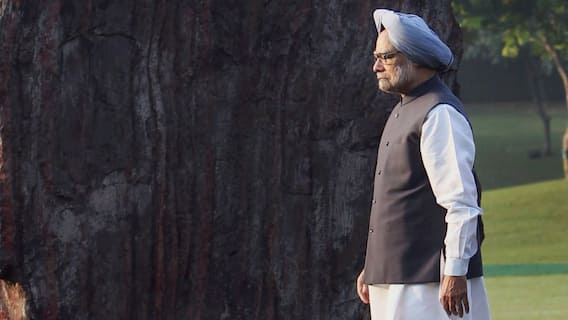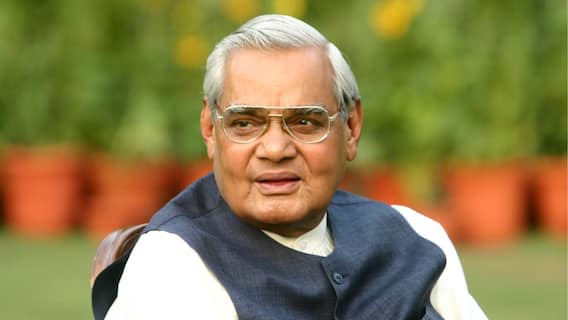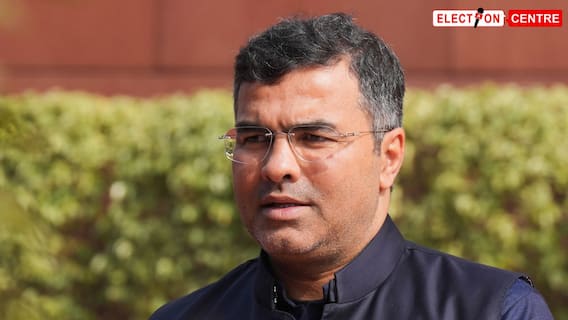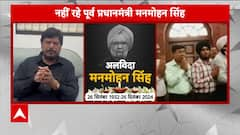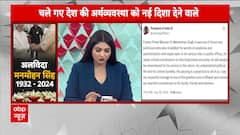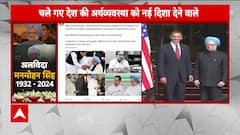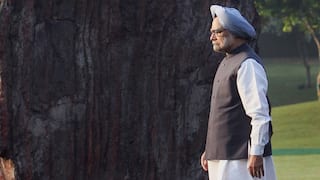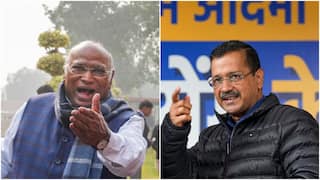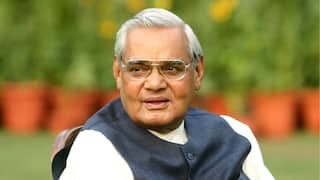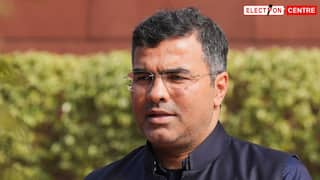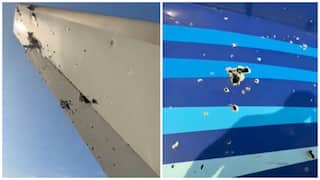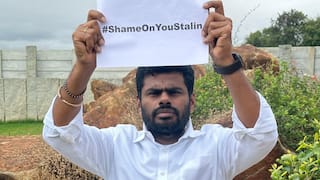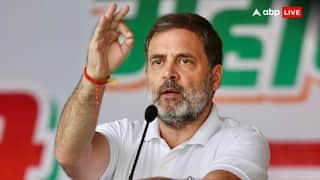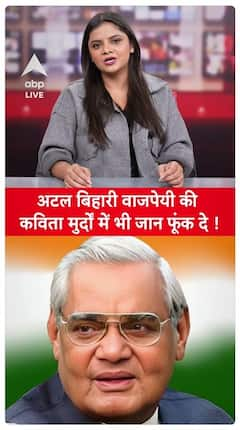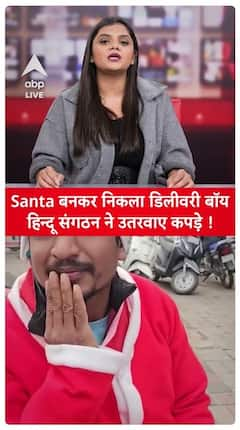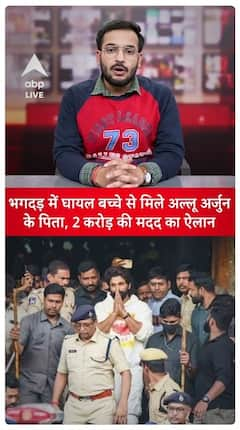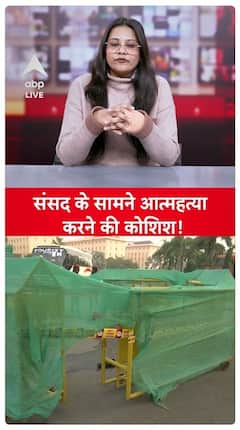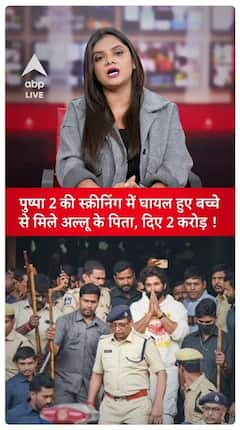Sri Lanka: Leftist President Aruna Dissanayake's Party Poised To Win Snap Polls
President Anura Kumara Dissanayake won the presidential election on September 21 in a victory that marked a rejection of the traditional political parties.

Sri Lanka started voting on Thursday for snap parliamentary elections, with new leftist President Anura Kumara Dissanayake's party projected to secure a strong majority to drive through economic reforms.
According to AFP, voting booths on the island will close at 4:00 pm (local time), with 17.1 million people choosing between 8,800 candidates after a seven-week-long campaign that election monitors say was one of the most peaceful in the country. Election officials said over 80,000 police officers, backed by monitoring drones were deployed at the country's more than 13,000 polling booths.
Dissanayake, 55, hopes to grade two-thirds of the legislature's 225 seats to press ahead with reforms after the country's economic meltdown in 2022 after which the then-president Gotabaya Rajapaksa was ousted. Dissanayake won the presidential election on September 21 in a victory that marked a rejection of the traditional political parties, which have governed the island nation since its independence from British rule in 1948. However, Dissanayake’s failure to secure more than 50 per cent of the vote has led to growing concerns over his party’s outlook in Thursday’s election.
The initial results are expected to be released on Friday, his National People’s Power party needs to significantly boost its votes from the 42 per cent it won in the presidential election if it hopes to acquire a minimum of 113 seats to take control of the 225-member Parliament.
Dissanayake's JVP (People's Liberation Front) is the main constituent of the National People's Power (NPP) coalition, which consists of professionals aiming to form the next government. The NPP held just three seats in the outgoing assembly.
The leader had been an MP for nearly 25 years and was briefly an agriculture minister, but he has distanced himself from traditional politicians accused of leading the country to its worst economic crisis two years ago. His JVP party led two insurrections in 1971 and 1987, leading to at least 80,000 deaths, but Dissanayake took power peacefully in elections on September 21.
Trending News
Top Headlines





